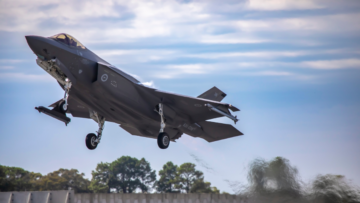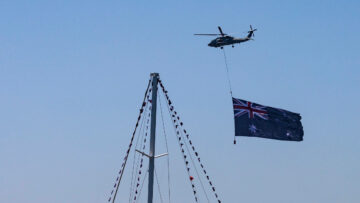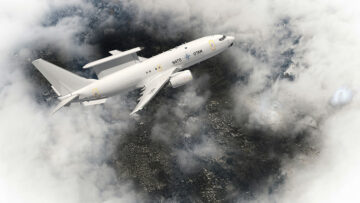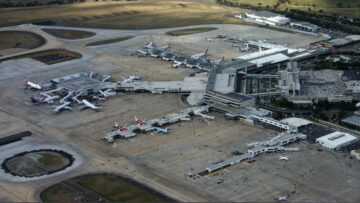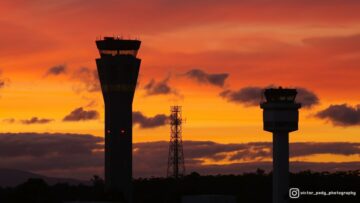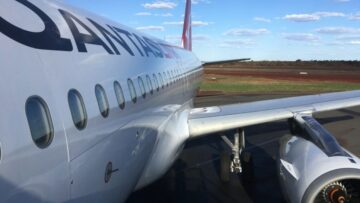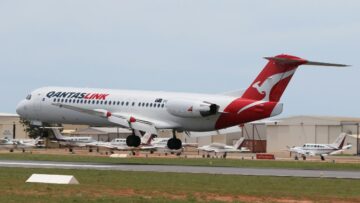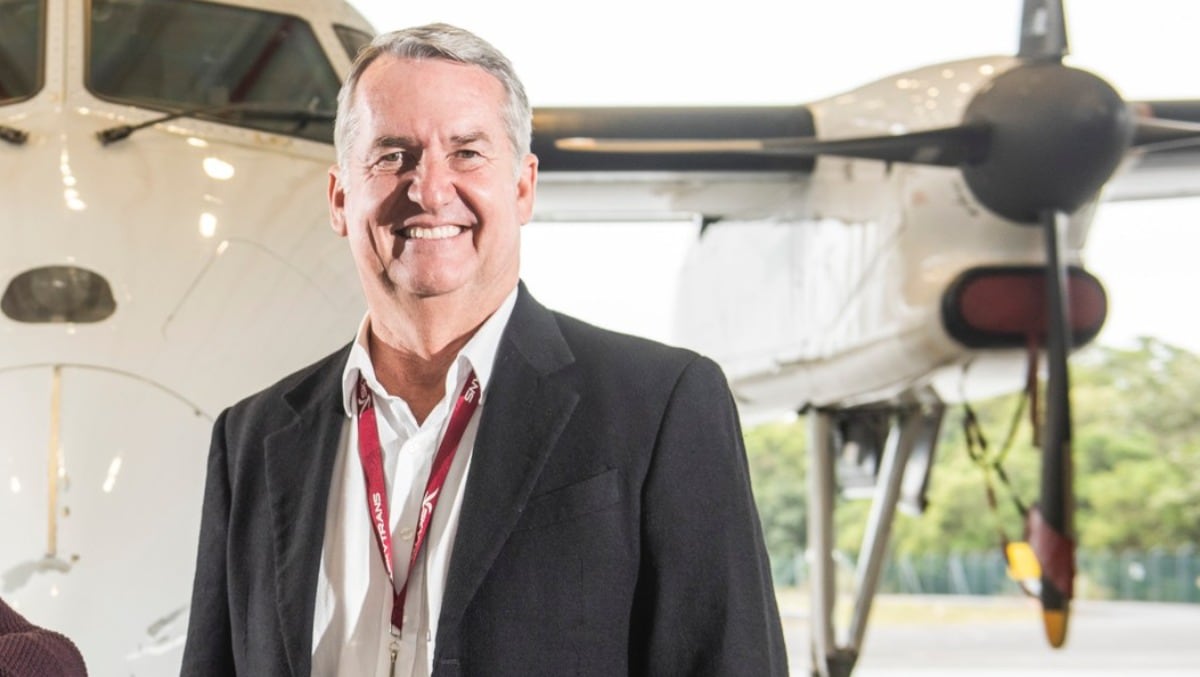
The Regional Aviation Association of Australia (RAAA) has nominated Skytrans CEO Alan Milne to the Federal Government’s new Jet Zero Council.
Milne has worked with Qantas on sustainable aviation fuel (SAF) and is currently, as chief of Skytrans, aiming to operate Australia’s first zero-emissions hydrogen-powered commercial flight by 2026 in partnership with Stralis.
“Regional aviation will play a very important role in the transition to Net Zero. With current technology, regional aviation aircraft are well suited to transition to alternate, non-fossil fuels such as hydrogen electric or battery,” said Milne.
“I’m looking forward to working with the council to work on how aviation can make this transition in a manageable and affordable way.
“I’ve already seen how emerging technology can assist us meeting the targets and am currently working closely with Stralis Aviation on their hydrogen/electric powered engine design.”
According to RAAA CEO Steven Campbell, Milne is an ideal choice to represent regional aviation on the Council due to his understanding of the challenges the sector faces.
“Alan has already been putting his shoulder to the wheel in advancing the cause for a regional airline and meeting net zero goals in the future. This will not be easy and regional aviation organisations will face even more challenges than the major city-based airlines, they always do,” said Campbell.
“We are already hearing of major challenges to the goals being set by government and by having Alan on this council, the RAAA will ensure someone who has the practical experience and the understanding of those challenges being at the table with the decision makers.”
PROMOTED CONTENT
The National Jet Zero Council, to be chaired by Federal Transport and Infrastructure Minister Catherine King and comprising a range of stakeholders from the aviation industry and its fuel supply chain, will work with the sector to identify opportunities for decarbonisation and collaboration on achieving emissions reduction targets, including through SAF.
“We know that industry leadership will be a fundamental driver of the aviation sector’s transition to net zero,” said Ms King in June.
“That’s why members will come from a range of aviation-related organisations spanning airlines, airports, fuels, manufacturing, research, finance, regional aviation and defence.
“This includes representatives from Australia’s major airlines, fuel refiners, manufacturers, regional aviation, airports, Defence, as well as government science and fundraising agencies.”
- SEO Powered Content & PR Distribution. Get Amplified Today.
- PlatoData.Network Vertical Generative Ai. Empower Yourself. Access Here.
- PlatoAiStream. Web3 Intelligence. Knowledge Amplified. Access Here.
- PlatoESG. Automotive / EVs, Carbon, CleanTech, Energy, Environment, Solar, Waste Management. Access Here.
- BlockOffsets. Modernizing Environmental Offset Ownership. Access Here.
- Source: https://australianaviation.com.au/2023/07/raaa-appoints-skytrans-boss-alan-milne-to-jet-zero-council/
- :has
- :is
- :not
- 1
- 2026
- 87
- a
- achieving
- advancing
- affordable
- agencies
- Aiming
- aircraft
- airline
- Airlines
- Airports
- Alan
- already
- always
- am
- an
- and
- and infrastructure
- Appoints
- ARE
- AS
- assist
- Association
- At
- Australia
- Australian
- aviation
- battery
- BE
- been
- being
- BEST
- BOSS
- by
- CAN
- Catherine
- Cause
- ceo
- chain
- challenges
- chief
- choice
- closely
- collaboration
- COM
- come
- commercial
- comprising
- Council
- Current
- Currently
- decarbonisation
- decision
- defence
- Design
- do
- driver
- due
- easy
- Electric
- emerging
- Emerging Technology
- Emissions
- Engine
- ensure
- Even
- experience
- Face
- faces
- Federal
- finance
- First
- For
- Forward
- from
- Fuel
- fuels
- fundamental
- Fundraising
- future
- Goals
- Government
- having
- hearing
- his
- How
- HTTPS
- hydrogen
- ideal
- identify
- image
- important
- in
- includes
- Including
- industry
- Infrastructure
- ITS
- jpg
- june
- King
- Know
- Leadership
- looking
- major
- make
- Makers
- manageable
- Manufacturers
- manufacturing
- max-width
- meeting
- Members
- minister
- more
- MS
- net
- New
- of
- on
- operate
- opportunities
- or
- Organisations
- Partnership
- plato
- Plato Data Intelligence
- PlatoData
- Play
- powered
- Practical
- Putting
- range
- reduction
- regional
- represent
- Representatives
- research
- Role
- Said
- Science
- sector
- seen
- set
- Someone
- stakeholders
- steven
- such
- supply
- supply chain
- sustainable
- sustainable aviation fuel
- table
- targets
- Technology
- than
- that
- The
- The Future
- their
- they
- this
- those
- Through
- to
- transition
- transport
- understanding
- us
- very
- Way..
- WELL
- Wheel
- WHO
- why
- will
- with
- Work
- worked
- working
- zephyrnet
- zero

